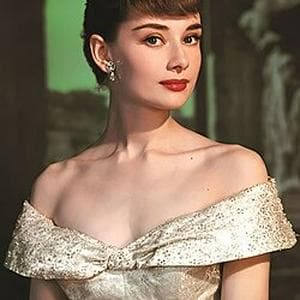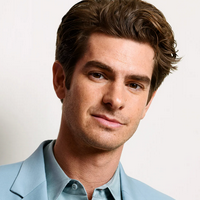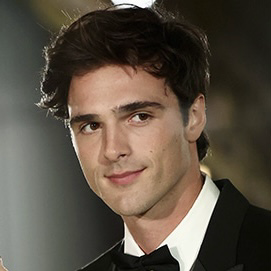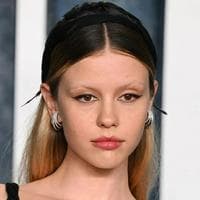Audrey Hepburn MBTI Personality Type
Personality
What personality type is Audrey Hepburn? Audrey Hepburn is an INFP personality type in MBTI, 9w1 - sp/so - 926 in Enneagram, RLOAN in Big 5, SEI in Socionics.
There are a lot of repeated examples proffered that “proves” how Audrey Hepburn couldn’t be an INFP and they are repeated very vigorously. I am not convinced because a lot of them seemed shaded by misconceptions of INFPs, what they are able to do, and how they can work that reads like misconception to the point where I’m wondering how many actual INFPs people here have interacted with out there in the real world, the ones living, studying, and working every day. Someone said dance plans not working out shows she can’t be an INFP because she moved on. As if INFPs never had their dreams dashed and had to pick themselves up, regroup, and find a new path? Happens every day. Audrey didn’t just move on quickly; she was devastated that the war made her miss so many important and necessary years of training to be a dancer because that was the future she had envisioned. It took her a while to find a new path. And, as an actress, she sure jumped at any opportunity to dance. Also, as a fan of dance and ballet, Audrey was the type of dancer who used dance to express what was in her. It wasn’t movement for present sensation but movement to get what she was feeling inside out of her. She always had future plans to be a present, nurturing mother, something neither parent gave her. All of her decisions worked towards that goal. Someone said her practical approach in her work for UNICEF showed she couldn’t be INFP, as if suggesting that there aren’t practical INFPs who can focus on the here and now to fix a problem in front of them. Mature and experienced INFPs learn to channel our idealism in more realistic tangible ways to help others. So I don’t think her more “practical” approach there argues against her being INFP. Re: UNICEF, I maintain it came from her personal value system and vision of what the world should be, and not just because she reacted to specific children starving and wanted to fix that problem there. It was broader: in this world, children shouldn’t starve and suffer. I think it came from her relating back to her own past experiences, a very INFP trait. She nearly starved to death and she spoke about her memories of UNICEF (or what they were called before) coming to a liberated Netherlands and feeding her and so many children. Her closest friends in that documentary of her spoke about how she saw it in a big picture sort of way and had bouts of depression when she felt like all her work wasn’t doing much of anything because the problem was too huge for her to solve. She kept going because the impact she had in terms of exposure and donations to UNICEF validated her and motivated her to keep going. Further, and mind-boggling, some even make it sound like only an ISFP can have her sort of glow or magnetism, and that’s not true at all. Every type has many examples of people who were known for their striking looks and people being instantly attracted to them. And, if we’re going to lean into stereotypes and generalizations, then INFPs have so many write ups, videos, and posts made from other types about how attractive INFPs are and how they just exude this sort of effortless sort of energy that makes you gravitate towards them. Some types have mythologized INFPs as these ethereal fairies that people just can help but be hypnotized by. That sounds like Audrey to a T. She wasn’t a striking sensory bombshell. Instead, there was an internal aura she carried that came out from inside. That is not to say ISFPs can’t have that either, but too many posts that said INFPs just don’t have the same quality to attract or be physically striking as ISFPs that I felt compelled to shoot that down as I was super confused by that considering it went against what most people say about INFPs. Regarding her not looking to her past… Our life experiences shapes our past and how we look to it. I can understand Audrey not wanting to look back too deeply to the war years because they especially painful. It cost her the dancing career she dreamed of, her favorite uncle died, she saw suffering and cruelty, friends of her died, and she nearly starved to death (no hyperbole,she suffered from the effects of childhood malnutrition her whole life). So she ended up learning to appreciate each day because she saw how easily life can be taken away. Fashion as evidence of her SE, she and Givenchy took a personal approach to styling her. She liked simple shapes that felt right for her. She wasn’t a slave to fashion but wore things that she liked, and people gravitated towards her natural way of dress with her “little black dress”. In real life, she wore jeans, sweaters, etc. FYI, INFPs are known to dress appropriately for the occasion and can even dress well. So, I’m sticking to my INFP categorization. After watching her movies, many documentaries, interviews, and reading biographies of her, I am sure she’s an INFP, and nothing written here convinced me otherwise. If you disagree, it’s fine. None of us really know her.
Biography
Audrey Hepburn (1929 – 1993) was a British-born Hollywood actress and humanitarian. Recognized as both a film and fashion icon, she was ranked by the American Film Institute as the third-greatest female screen legend from the Golden Age of Hollywood, and was inducted into the International Best Dressed List Hall of Fame.
Related Personalities

Marilyn Monroe

Clint Eastwood
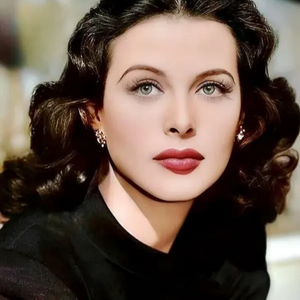
Hedy Lamarr
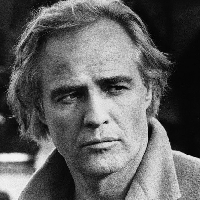
Marlon Brando

Charlie Chaplin

Fred Rogers
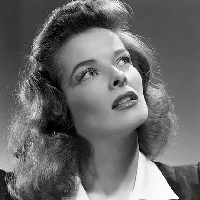
Katharine Hepburn

James Dean
